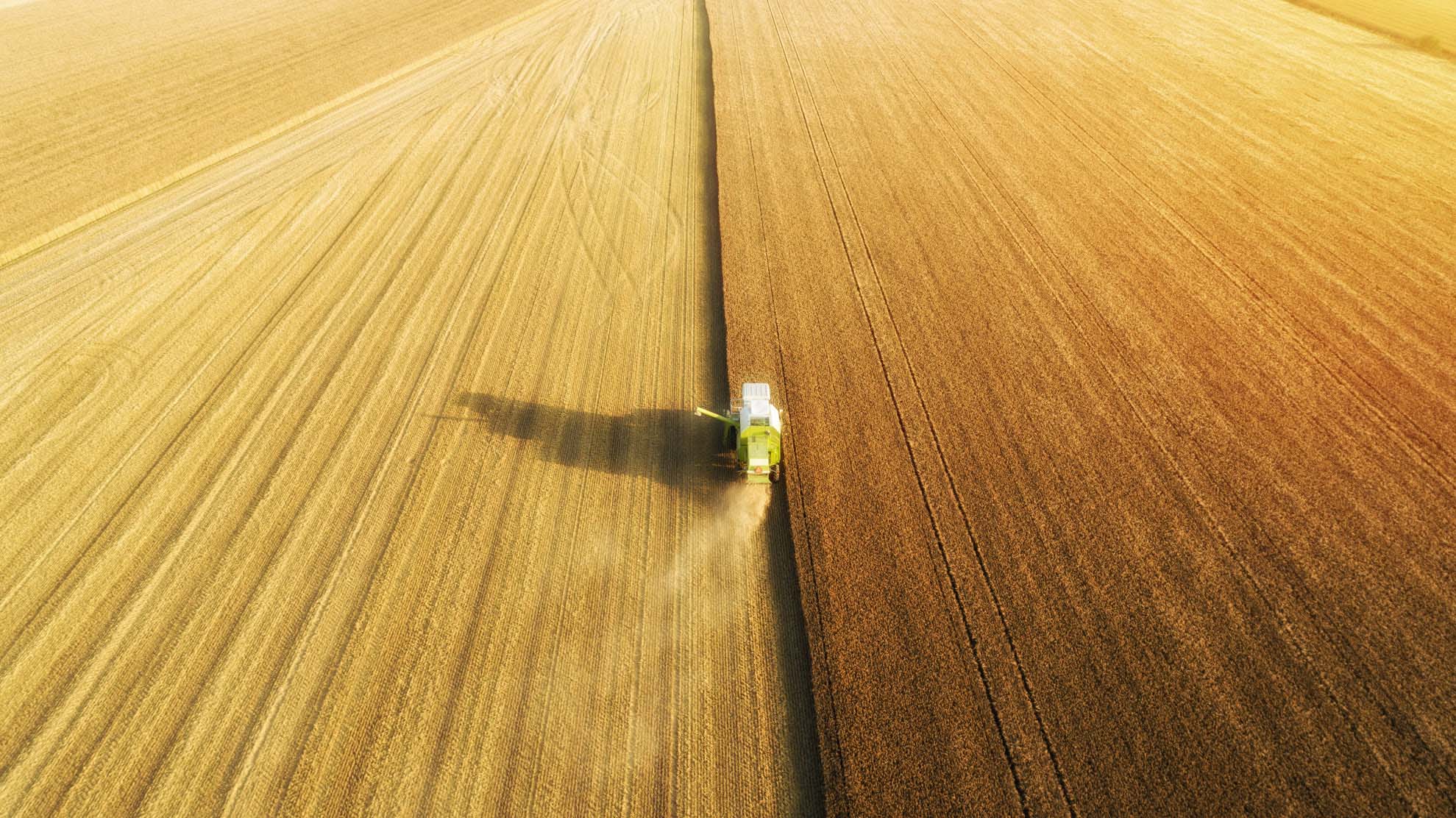Date of publication: 10 June 2016
Olena Omelchenko, Partner, Attorney at Law, Head of International Trade Practice
Source: European Pravda
Recently there have been many intergovernmental meetings and forums, as well as declarations made regarding promotion of Ukrainian export to foreign markets.
Protection of the internal market has been less noticeable, apart from specific trade limitations introduced in connection with embargo and suspension of CIS free trade zone Agreement by the Russian Federation.
Possibly the aforesaid may be explained by lack of the necessary awareness of business of legal instruments allowing to solve certain problems, as well as by insufficient trust towards the state in connection with Ukraine’s concessions made while joining the WTO.
Until present all the special (safeguard) measures applied by Ukraine have been under the biting criticism in the WTO and, frankly speaking, such criticism has been fair and legitimate. Suffice it to recall increase of duties applied to import cars which essentially damaged our relations with leading car-making countries.
Does it mean that Ukraine will reject this instrument? This is, of course, not the case, especially in the situation when the countries – members of the WTO – are increasingly resorting to using the framework of special and antidumping measures. For example, only in 2015 alone around 41 antidumping investigations directed at import of steel were initiated, whereas in 2012 and 2013 there were only 23 such investigations.
Application of special duties has a positive effect onto the national manufacturers, as well as onto the state. This step will allow Ukrainian manufactures to increase volumes of production and sale of such products, will certainly save and create new work places, as well as will ensure the possibility to carry out modernization, technical re-equipment of production and performance of actions directed at decrease of the net cost of the products.
Such decisions must be legally impeccable to demonstrate that Ukraine is ready to follow the rules very strictly.
On May 26 of this year the Multiagency commission on international trade upheld a decision on application of a special duty (for the period of three years) towards the import to Ukraine of flexible porous plates, blocks and sheets made of foamed polyurethane. During the first year the amount of the duty was established at the level of 13.09%, second year – 12.44%, and third year – 11.81%.
It is worthy of note that on the part of international business only one Polish company and one Ukrainian importer participated.
Such low-intensity activities of the interested persons is indicative of the fact that for other countries, including EU member countries, Ukrainian market is marginal and occupies only inessential share in the export of such products. For the Ukrainian market, on the contrary, these are considerable volumes influencing the decrease of production, investments, the level of income and many other things. Development of this branch for Ukraine means creation of new work places in the depressed regions, as well as replenishment of the state budget for the sum not less than USD 20 mln a year. And this is the sum if we only consider the customs duties.
Ukrainian manufacturers find it hard to compete with importers especially in the situations when the imported raw materials take the lion’s share of the net value of their products.
At the same time Ukraine had a chance to improve the situation for the national manufactures earlier, for example, if, in the process of execution of EU Association Agreement, it had had a predictable trade policy and would have stipulated full cancellation of duties applied to raw materials and gradual liberalization towards the finished products. However, this possibility was not taken into consideration and revision of the Association Agreement in the nearest future is unlikely.
Among the important moments is that these measures are directed at products from separate countries, but are applied to all countries except for those countries individually mentioned in the decision of the Multiagency commission on international trade.
However, the major volume of foamed polyurethane products is imported to Ukraine from the EU countries: Romania, Hungary and Poland. Lesser volumes are imported from the Russian Federation and China.
In addition, during the recent year this has been the only investigation related mainly to import from the EU countries. It means that this decision will be attracting special attention.
Other anti-dumping investigations will be carried out only against import of goods imported from the Russian Federation.
It is principally important that at the recent meeting of the WTO committee on safeguards held at the end of April no country – member of the organization raised the issue on violation by Ukraine of its obligations within special investigation of import of polyurethane products. The EU did not also voice its concerns towards this investigation at the meeting of the committee on bilateral trade.
It also bears a marked difference from the effect caused, at one time, by introduction of special measures in relation to automobiles or quite a recent decision on prohibition of export of round timber or plans to establish an export duty onto scrap metal.
Thus, if the country aims to protect its own trade interests using the WTO legal instruments, ensuring a possibility of making consultations, and not violating international agreements, the result of the trade protection will be positive for the business and will not harm the country’s trade reputation.
Upholding the recent safeguards has demonstrated that the Government is able and ready to protect the national manufacturers. More importantly it intends to do this outside the political context and within the WTO procedures.
This undoubtedly represents a positive signal for the national manufacturers who suffer from the increasing, dumping or subsidized import.
This is why let’s wish us good luck and keep in mind the wisdom of the well-known proverb: “If you’re drowning, it’s sink or swim”.
